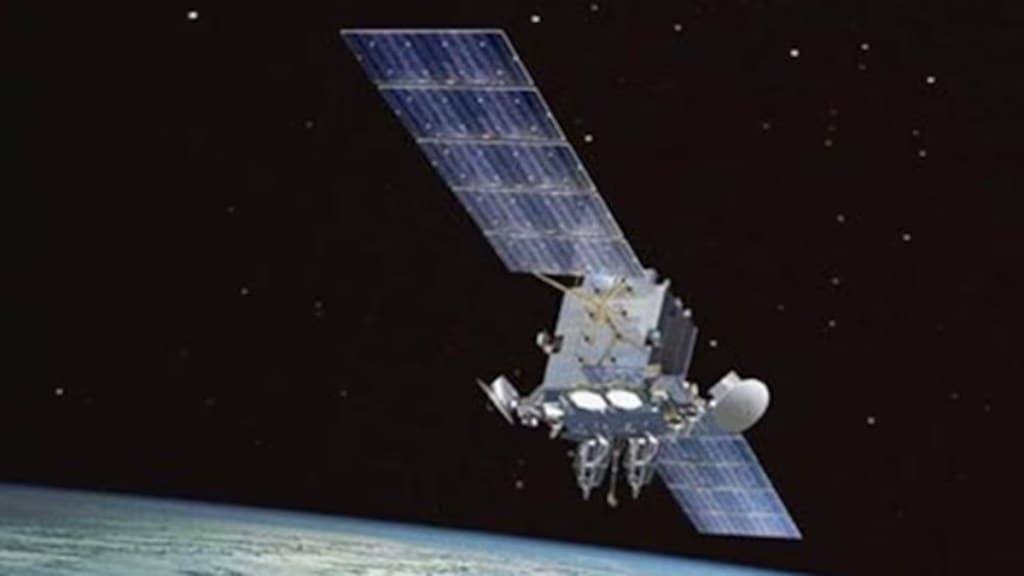The Indian Space Association (ISpA) and SIA-India, representing both private space companies and key industry players, have put forth a comprehensive set of recommendations for the Union Budget 2024-25 to ensure the continued growth and global competitiveness of India’s space sector.
Recognition of Space as Critical Infrastructure
One of the most significant recommendations from ISpA is the recognition of the space sector as critical infrastructure. By granting this status, the space industry would gain access to several benefits, including GST rebates, tax exemptions, and import duty relief. Furthermore, this would enable satellite operators to secure low-interest loans from banks and financial institutions such as NABFID and IIFCL, essential for financing capital-intensive space projects.
Lt Gen AK Bhatt (Retd.), Director General of ISpA, highlighted the importance of this move, stating, “Recognizing space as critical infrastructure is a vital step towards accelerating investment, fostering innovation, and ensuring national security.”
This recognition would also enhance access to capital markets, allowing private firms to raise funds through infrastructure bonds. In essence, it would create a supportive ecosystem for both private companies and government agencies to develop and expand India’s space capabilities.
Production Linked Incentive (PLI) for Space-grade Components
Aligning with the Atmanirbhar Bharat vision, ISpA advocates for extending the PLI scheme to space-grade components, much like the successful scheme for drones. By encouraging domestic manufacturing of essential space components, this initiative would strengthen India’s supply chain and reduce reliance on foreign imports.
This move would help develop the necessary infrastructure and technology required for India to meet the growing demand for satellite systems, launch vehicles, and other space-related technologies. It would also align with the Make in India mission, enabling private sector participation in space research and development.
GST Exemptions for Satellite Launch Services and Components
The government has already exempted satellite launch services from GST, but ISpA urges the government to extend this exemption to critical components of satellites, ground systems, and launch vehicles. Reducing the GST burden on these critical areas would lower operational costs and improve the overall financial health of India’s space sector.
Furthermore, extending these exemptions to capital goods used in the manufacturing and launch of satellites would allow stakeholders in the supply chain to fully benefit from these reductions, making it easier to scale operations.
Tax Exemptions and Custom-Duty Relief
As states begin to establish space industrial parks, ISpA suggests that the government introduce tax exemptions, tax holidays, and accelerated depreciation for companies in the space sector. This would spur investments in the space ecosystem and attract both domestic and international players.
Moreover, the Customs Duty Exemption on the import of critical goods and machinery for space manufacturing should be expanded to help reduce the cost of high-tech equipment used in satellite production, making Indian companies more competitive in the global space market.
Reducing Tax Rates on Foreign Borrowings and Withholding Tax
The capital-intensive nature of the space industry necessitates access to affordable funding. ISpA proposes a reduction in tax rates on interest from foreign borrowings to 5%, which would facilitate easier financing for satellite and space technology projects. This would provide much-needed capital for R&D, satellite manufacturing, and the development of launch infrastructure.
Additionally, ISpA recommends a reduction in withholding tax rates for satellite service providers from 10% to 2%. This would improve the profitability of satellite operators and reduce the financial strain on companies offering satellite services in India, ensuring better sustainability and competitiveness.
Government Commitment to Integrating Space Technology
ISpA also underscores the need for the government to increase its usage of space-based technologies across sectors such as agriculture, disaster management, urban planning, and remote area connectivity. For instance, the Ministry of Road Transport and Highways (MoRTH) is already piloting FASTag GPS, a satellite-based toll collection system, which demonstrates how space technology can be seamlessly integrated into governance.
This would provide a stable market for space technology firms, enhancing their prospects while improving the efficiency of government services.
Spectrum Usage Charges (SUC) for Satellite Services
With the New Telecommunications Act 2023 providing the regulatory framework for satellite spectrum allocation, ISpA proposes a reduction in Spectrum Usage Charges (SUC). Keeping these charges reasonable will ease the financial burden on satellite service providers, allowing them to operate without excessive regulatory costs and fostering growth within the sector.
Increased Investment and Policy Reforms
To elevate India’s space sector on the global stage, both ISpA and SIA-India advocate for a substantial increase in funding for the space program. ISpA suggests an increase to Rs 40,000-50,000 crores ($5-6Bn) to ensure India remains competitive with global leaders like the US and China. Additionally, they emphasize the need for a long-term commercial space plan to guide the industry’s growth over the next 30 years.
This strategic plan would prioritize key areas such as advanced satellite technologies, space safety technologies, and space-based communications. Dr Subba Rao Pavuluri, President of SIA-India, noted, “The space sector is not just about technological development; it is an economic engine for future growth.”
Satellite Exports and Launch Services
India has untapped potential in satellite exports. ISpA calls for an increase in funding for satellite manufacturers and launch service providers and recommends simplified export regulations. This would enhance India’s global competitiveness and foster expansion into high-risk markets. Bilateral agreements and tax credits could incentivize satellite exports, further solidifying India’s place in the global space market.
National Security through Space Defense
Given the increasing importance of space in national security, SIA-India recommends the establishment of a Space Force Command under the Ministry of Defence. This would align India’s defense capabilities with its space aspirations, ensuring better coordination between ISRO, the Defence Space Agency (DSA), and other relevant entities. The need for dedicated funding for space defense technologies is paramount to strengthening India’s strategic space capabilities.

